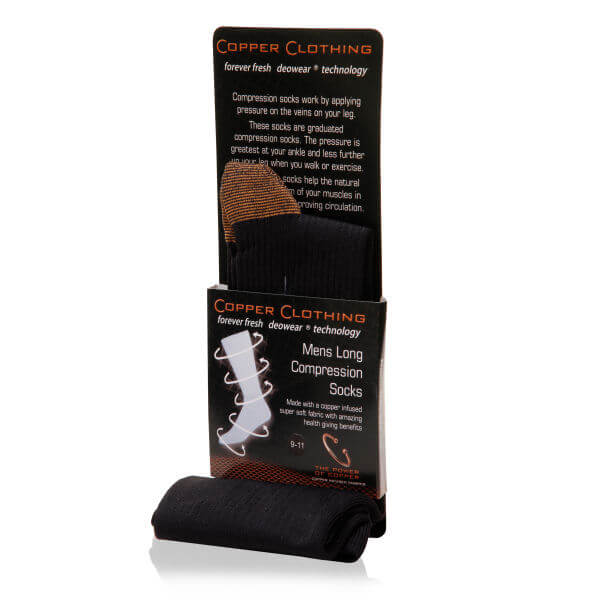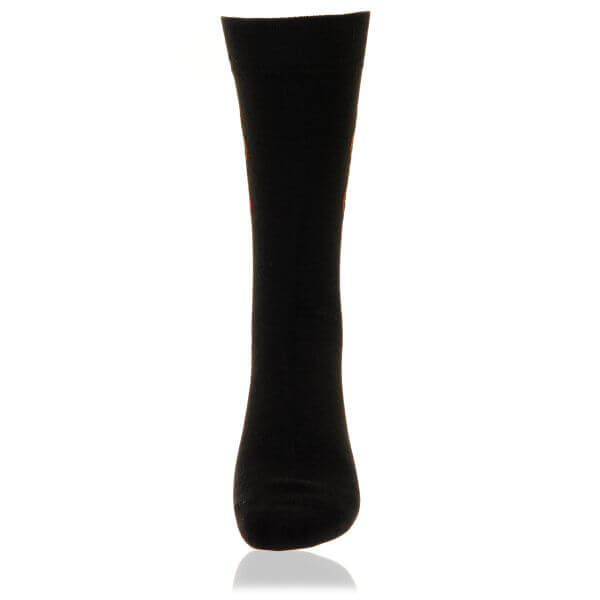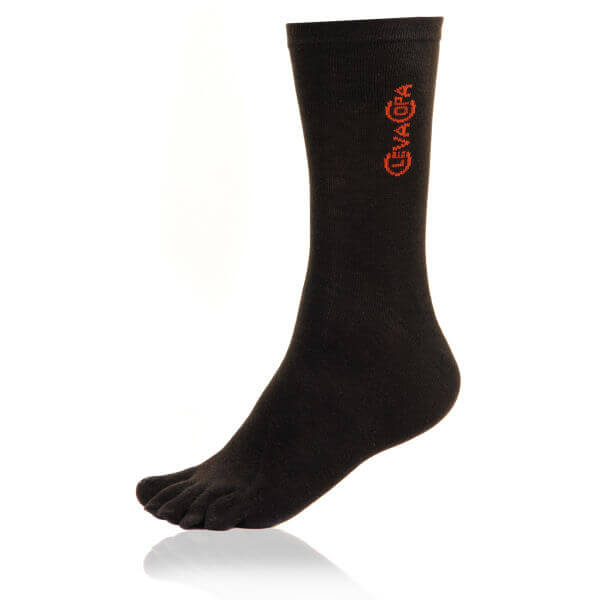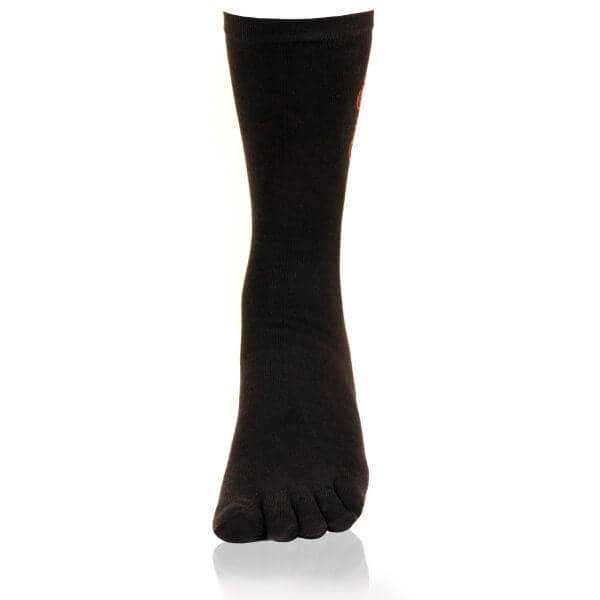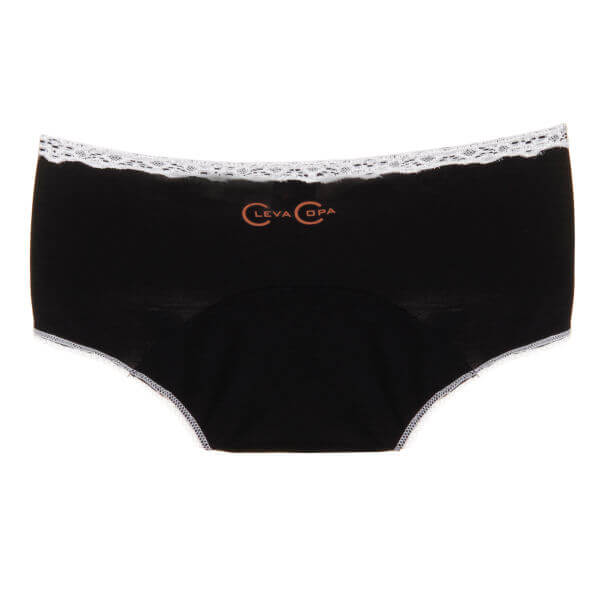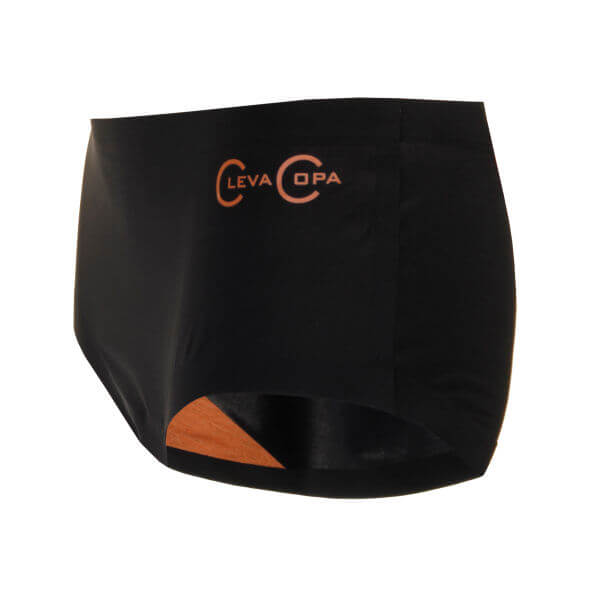How to Maintain Kitchen Hygiene & Follow Proper Kitchen Sanitation
Published
August 21 2023
The COVID-19 pandemic has unequivocally emphasised a vital lesson: the term 'micro' hardly encapsulates the true scale of impact microorganisms can wield. Their potential to unleash death and chaos in human existence surpasses any human-engineered incident. Viruses, bacteria, and fungi, are omnipresent entities predating human presence. They taint the air you breathe, infiltrate the soil nurturing your crops, and provoke a myriad of diseases and infections. Hence, upholding cleanliness and hygiene across all spheres of our lives is paramount in disease prevention.
Notably, the kitchen serves as a prime microorganism activity domain, potentially jeopardising your and your family's health. This article will help you navigate kitchen hygiene rules with five necessary kitchen hygiene tips.
5 Necessary Hygiene Rules to Follow in the Kitchen
In the heart of every home, the kitchen serves as a hub for culinary creativity and nourishment. However, amid the sizzle of pans and the aroma of delicious dishes, it's essential to prioritise kitchen hygiene to ensure the safety and health of all those partaking in the culinary delights.
Below, we will delve into five fundamental hygiene rules that form the cornerstone of a well-maintained kitchen environment. These rules not only safeguard against potential foodborne illnesses but also contribute to a smooth and enjoyable cooking experience. Empower yourself with the knowledge needed to create delectable meals while upholding impeccable cleanliness and safety standards.
-
Maintain Personal Hygiene
The first hygiene rule to follow in the kitchen is to keep in mind your personal hygiene. While we have been taught since childhood to always wash our hands with soap before eating, and often, the pandemic made sure we follow this hygiene rule religiously, especially when handling, preparing, or storing food to avoid contamination of the food.
It's easy for microorganisms to travel from your hands into the food you are cooking. Hence, you must maintain personal hygiene in the kitchen by washing your hands before touching any kitchen item. After washing your hands, the next thing to do is take a clean towel and wipe your hands dry. It's better to keep a separate kitchen towel for this purpose solely to avoid letting bacteria travel from one surface to another.
-
Use Anti-Microbial Towels
Instead of using your regular paper towel as a kitchen towel, a better alternative to it is Copper Clothing's Copper-Infused Anti-Microbial Kitchen Towel, meant to kill germs upon contact. The towel dries out faster with its high absorption power, eliminating any chance of fungal or bacterial growth. The copper ions integrated into these kitchen towels do not wash out from the surface, making the towel last much longer than any normal kitchen towel.
Upgrade to Anti-Microbial Kitchen Towel
Buy Now-
Store Food Cautiously
To ensure proper kitchen sanitation is followed, storing your food is necessary. This means it's ideal for storing fresh vegetables and fruits in a clean bowl or utensil to ensure no bacterial invasion. Wash vegetables, fruits, and raw meat before storing and never use the same bowl to store all these things.
Further, another way to maintain health and hygiene in the kitchen is by not leaving food out for more than two hours, as bacteria can thrive in your food, giving you foodborne illnesses. If you have any raw food inside the refrigerator, keep checking its expiry date and throw away food that has already expired.
-
Clean Kitchen Counters
It's necessary to wash the kitchen platform and countertops twice a day, every day, with warm water, and once a week with detergent to get rid of microorganisms and germs. Another way to maintain sanitation in the kitchen is by not keeping any raw food directly on the kitchen platform, no matter if you just cleaned the countertop.
A clean kitchen is crucial for maintaining a healthy and hygienic environment. Bacteria, moulds, and other allergens can accumulate on surfaces over time, potentially causing allergies or respiratory issues for you and your family. This is why you must follow kitchen hygiene and clean your kitchen platform and countertop daily.
-
Prevent Pest Infestation
Pest infestations are the enemies of maintaining proper kitchen sanitation procedures. Rodents and cockroaches are the number one carrier of diseases and germs. Further, cockroaches are a magnet to attract lizards, and when you have lizards roaming in the kitchen, you increase the risk of them falling into your food and poisoning it.
So, one of the main rules of kitchen hygiene is to stop pests from infesting your kitchen. To stop that from happening, here are some tips to keep in mind:
- Keep the kitchen surface dry and clean, as humidity is a breeding ground for cockroaches.
- Keep wiping wet surfaces and use cross ventilation to avoid keeping the kitchen countertop wet.
- Close garbage bin lids tight and wash your hands every time you touch the garbage bin.
- Some lentils, seeds, nuts, and flour can attract pests, so refrigerate them or keep them in closed storage boxes.
-
Other Hygiene Rules
Apart from the above tips, here are some miscellaneous points to keep proper kitchen sanitation intact:
- Ensure you properly mop the walls and floors of your kitchen clean to avoid accumulating any food particles or dust, as it can attract insects and dust mites, compromising kitchen hygiene.
- After cleaning the kitchen surfaces, dry them, as damp surfaces can quickly become a breeding ground, attracting fungus and other microorganisms that may cause health issues.
- Avoid over-stuffing your refrigerator, as that can cause a reduction in its cooling capacity, spoiling the food inside.
- Clean your kitchen cupboards regularly to look out for any foul smells that can indicate something is rotting.
- Limit storing food in the kitchen cupboard as it may restrict the airflow inside, causing the foul smell to enhance.
- Packaged snacks or food must be stored in an air-tight container to avoid letting moisture in and spoiling the food.
- Keep the garbage bin in an enclosed area away from the kitchen with a lid that closes tightly.
- It's ideal for cleaning your kitchen faucets as even they carry germs. When you touch the kitchen faucet and then touch the food, you break the kitchen hygiene rule and contaminate the food. Hence, it's essential to clean the faucets as well.
- Meat cleavers and knives should be regularly and properly washed before and after use to avoid spreading germs.
Bottom Line
Adhering to the above five rules of kitchen hygiene is paramount to maintaining a safe and healthy kitchen environment. By practising regular handwashing, segregating raw and cooked foods, ensuring proper kitchen sanitation, and monitoring food expiration dates, you not only safeguard yourself and your loved ones from potential foodborne illnesses but also uphold the quality and integrity of the meals you prepare.
Making these hygiene practices an integral part of your culinary routine, you pave the way for enjoyable cooking experiences and nourishing meals while upholding the highest standards of kitchen hygiene and safety.


















